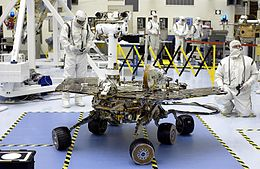Search Engine Optimization for 2023

As of January 1, 2023, there were nearly 2 billion websites on the internet, with thousands of new webpages being added each day. With that much competition, it can feel impossible to direct traffic to your website. That’s where search engine optimization comes in.
Search engine optimization, also known as SEO, prioritizes your website above other websites with similar content, ensuring that consumers click on your page first. The more traffic is directed to your page, the more clicks you get and the higher your monetization potential becomes.
However, understanding the best SEO practices to employ can be overwhelming. In this blog post, I will discuss what SEO is and the strategies we employ when updating our client’s websites to make them competitive in the digital sphere.




